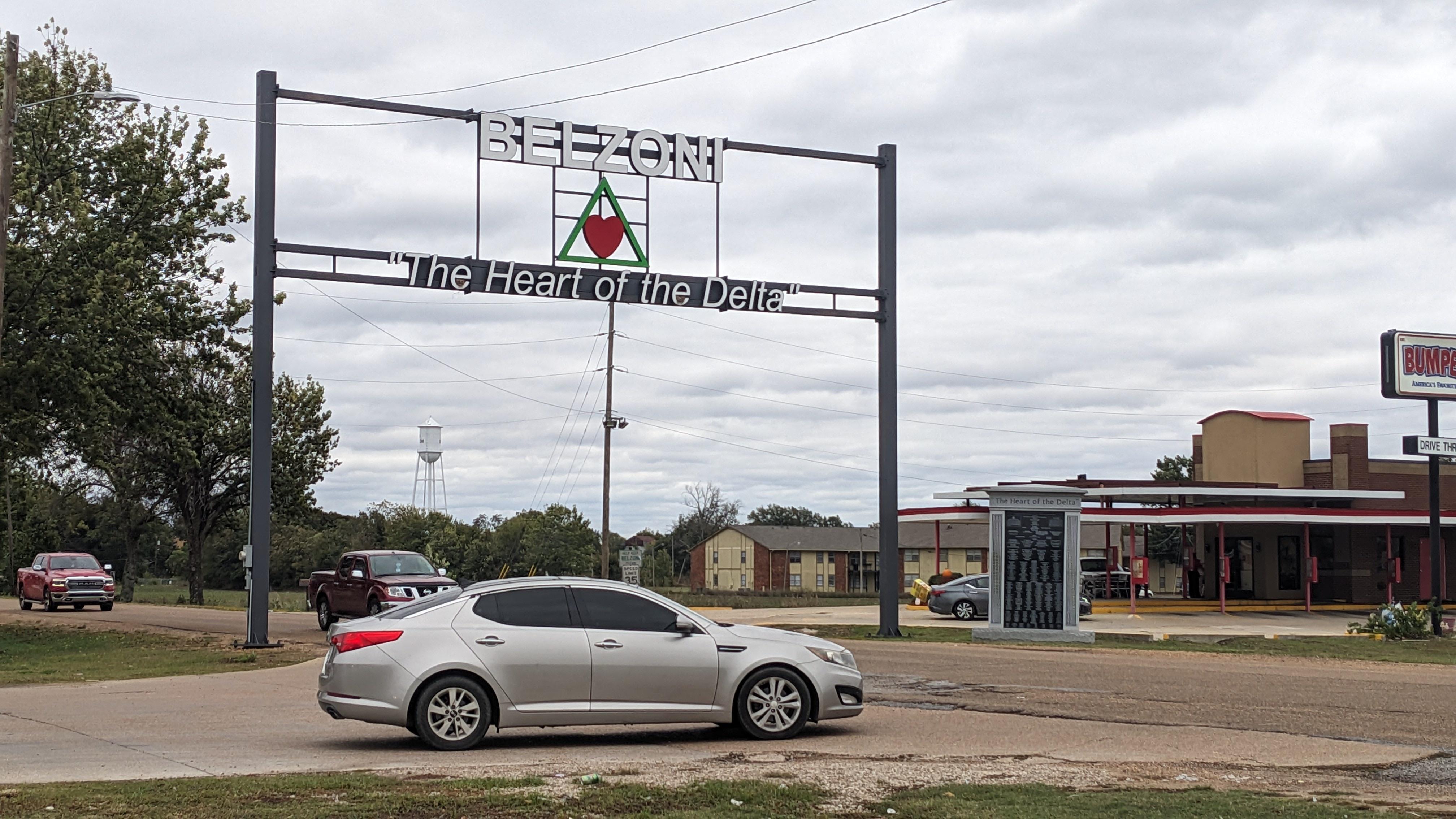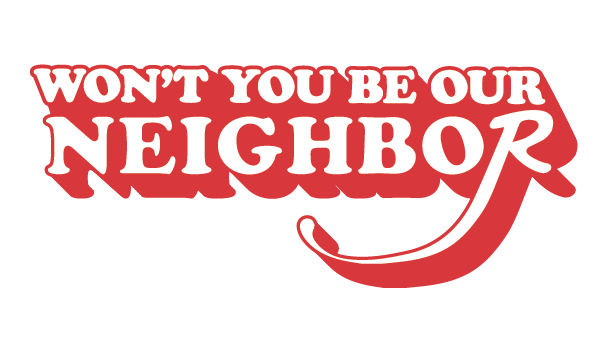While money is a big part of the challenges for these local pharmacies, there are other issues, too.
Marty Bigner, who runs Thrift Drugs in McComb, said he’s had problems with ordering logistics for COVID and flu vaccine shipments.
“I have to order from three different people in order to get the quantity that's needed at the beginning of the season,” he said.
Ordering from one supplier means multiple shipments — or, not enough at one time. Suppliers might also require stores like Bigner’s order more than they need.
If he didn’t order from multiple suppliers, it means he’d likely have to pick between having leftover shots that would expire or running out and not being able to help patients.
It’s not a problem he’s facing alone. Many of the pharmacies in McComb are independent pharmacies, so their communities rely on them.
“The people that are going to wind up suffering the most are those that only have an independent pharmacy in their community,” he said. “I see the state of the pharmacy industry really hurting those patients in those situations because the pharmacy is the largest supplier of vaccines in those situations, typically, and they will not be available.”
Pharmacy technician Carolyn Hosty has faced this issue at Waveland Pharmacy, too.
The costs of COVID and flu shots killed their vaccine program altogether.
“We still try to help as much as we can,” Hosty said. “It's very hard with the insurance not wanting to pay out for it, the government not wanting to pay out for it, to give out vaccines.”
And it’s not just a loss for Waveland. Hosty and head pharmacist Rudy Letellier used to go to health fairs in Mississippi and Louisiana to do vaccinations across the region.
“If we were able to still drop to Louisiana, I'm pretty sure me and him would still be going to health fairs and all that,” Hosty said. “We have nothing to bring to it but empty papers and no shots.”
In Louisiana, there are now some legal protections to help local pharmacies. For example, Act 768 from the 2024 session provides certain baselines for reimbursements. Act 474 from this year’s session implements transparency measures for pharmacy benefit managers.
These are the kind of measures that Mohamed says Mississippi needs to pass — the kind that will help protect pharmacies like G&P, and communities like Belzoni, that don’t have a chain to turn to in town.
But, he added that state lawmakers have failed to pass similar measures for about four years now.
“They keep kicking the can down the road,” Mohamed said. “It's time to stop and take care of people.”
And, just like a chain couldn’t replace a business like G&P, Mohamed said he couldn’t just pack up and be a pharmacist anywhere else.
“It’s family,” he said, crying. “It’s people I grew up with and it’s people I care about. My family's been here. I got more folks in that graveyard than I do living.”
And in an area like the Delta, where health care resources are already scarce, he says he sees that good he does as a pharmacist.
“I don't want it to go away,” he said. “I'd like to be remembered for something instead of closing up and leaving a bunch of folks out there with nothing.”
This story was produced by the Gulf States Newsroom, a collaboration between Mississippi Public Broadcasting, WBHM in Alabama, WWNO and WRKF in Louisiana and NPR.







